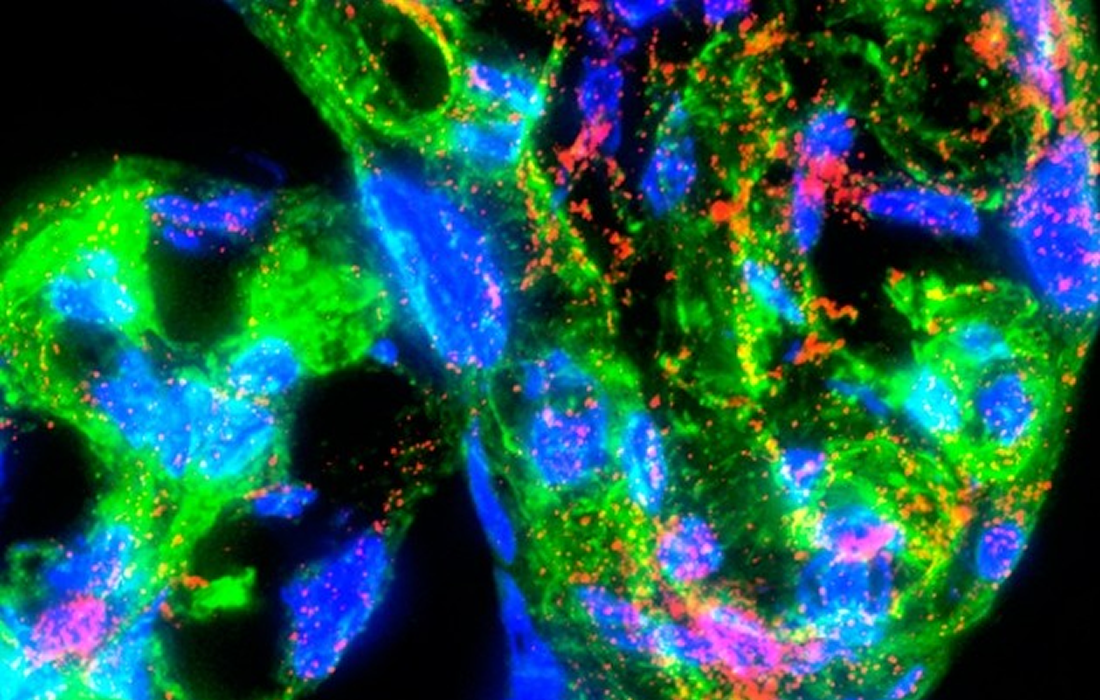Stem Cell Therapy for Specific Conditions
Human Placenta-derived Cell for the Treatment of Multiple Sclerosis
Multiple sclerosis (MS) is an immunologically mediated disease of the central nervous system that is prevalent worldwide. It can occur at any age, but the onset is most frequent in adults aged 20 to 50 years.
The most common type, known as relapsing-remitting MS (RRMS) consists of an episodic disorder that can evolve into a chronic condition characterized by progressive neurologic disability, known as secondary progressive MS (SPMS).
Different therapies, including biologic agents and immunomodulators, can reduce the relapse rate and formation of new lesions, but there is no curative therapy.
The use of mesenchymal stem cells-based infusions has the potential to influence both immunomodulation and repair.
New Study on Placenta-derived Stem Cells
In a study published in the journal Multiple Sclerosis and Related Disorders, researchers evaluated the use of PDA-001, a preparation of mesenchymal-like cells derived from full-term human placenta in the treatment of multiple sclerosis.
The study was conducted in 6 sites in the United States and 2 sites in Canada. It included 10 patients with relapsing-remitting multiple sclerosis and 6 with secondary progressive multiple sclerosis who were randomly assigned to treatment: 6 to low-dose PDA-001, 6 to high-dose PDA-001, and 4 to placebo.
Patients were randomized 3:1 to receive 2 low-dose infusions of PDA-001, which included 150 million cells, or placebo, given 1 week apart. After this cohort, the patients receive a high dose of PDA-001, which included 600 million cells or a placebo.
During the study, MRI scans were obtained within 14 days before the initial treatment, and on a monthly basis for a total of 6 months. Patients continued with their MS medications at a constant dose as long as possible throughout the study.
The MRI effect was determined by evaluating the number of gadolinium-enhancing lesions over 6 months versus placebo. Changes in clinical function and quality of life were evaluated using a standardized definition of relapse, Expanded Disability Status Scale (EDSS) scores, MS Fatigue Impact Scale, and the MS Quality of Life Scale, which was administered at baseline, before each infusion, monthly during the follow-ups, and every 3 months.
According to the study results, PDA-001 infusion appears safe and well-tolerated in patients with RRMS and SPMS. EDSS scores over the 1-year follow-up period were similar to baseline or were improved for the majority of patients who received PDA-001, which hints at a potential reparative effect in this disease.
Sources:
Lublin FD, Bowen JD, Huddlestone J, Kremenchutzky M, Carpenter A, Corboy JR, Freedman MS, Krupp L, Paulo C, Hariri RJ, Fischkoff SA. Human placenta-derived cells (PDA-001) for the treatment of adults with multiple sclerosis: a randomized, placebo-controlled, multiple-dose study. Mult Scler Relat Disord. 2014 Nov;3(6):696-704. doi: 10.1016/j.msard.2014.08.002. Epub 2014 Aug 29. PMID: 25891548.
Image from:
https://www.nature.com/articles/nature.2015.17017

